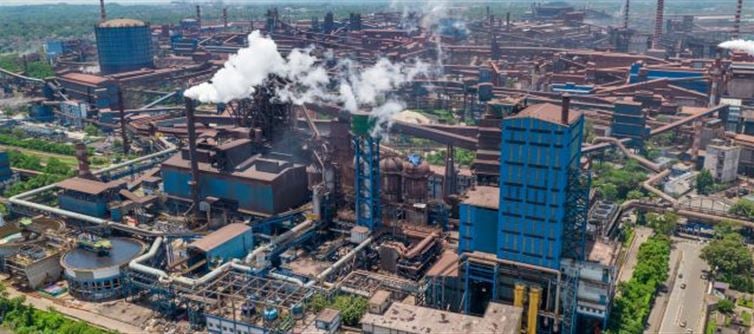
Attracting, Not Protecting: Why India’s Factories Struggle to Find Workers
India’s manufacturing story is gaining momentum. The Purchasing Managers’ Index (PMI) remains at record highs, global majors are scouting for production bases beyond China, and new investments are flowing into sectors from semiconductors to electric vehicles. Yet, a quieter crisis lurks beneath the surface — factories are finding it harder than ever to attract workers.
The Paradox of Growth Without Labour
According to the latest Annual survey of Industries, factory investments rose by over 12% in FY24, but employment grew only 7–8%. Even in high-growth sectors like machinery manufacturing, job expansion is modest. While policymakers celebrate capital formation, the “human capital” side of manufacturing tells a different story.
Young indians today are reluctant to enter the factory floor. The reasons are not just economic — they’re aspirational. The rise of the gig economy, social welfare schemes, and flexible work options in logistics or delivery have reshaped what “work” looks like for millions. For many, the idea of a 9-hour shift inside a noisy workshop feels outdated, unrewarding, and socially unappealing.
Outdated Protection, Missed Attraction
For decades, India’s labour framework has been built on a paternalistic assumption — that workers need protection from employers. But the real challenge now is the opposite: employers need to attract workers.
Policies and factory environments still operate as if the primary problem is exploitation, not disinterest. As a result, industries are stuck between compliance-heavy regulations and a workforce that simply doesn’t show up.
The factory floor, once the symbol of stable livelihood, now competes with the smartphone screen. Whether it’s gig delivery, small-scale trading, or even rural job schemes like MGNREGA, young workers today have choices that offer autonomy, daily income, and flexibility — even if not long-term security.
Making Factory Work Aspirational Again
If Make in India is to truly succeed, factory work must be repositioned as modern, skilled, and aspirational — not as the last resort for those with limited options.
That requires:
Skill-based incentives and growth ladders inside factories.
Safer, cleaner, tech-integrated environments that mirror modern workplaces.
Social recognition and career branding around manufacturing jobs — much like IT or start-ups enjoyed in the 2000s.
India’s next manufacturing revolution won’t just depend on capital, infrastructure, or policy — it will depend on how well we can make a young person want to work on the shop floor.
#Manufacturing #Labour #India #MakeInIndia #FutureOfWork #Economy #Workforce #IndustrialGrowth




 click and follow Indiaherald WhatsApp channel
click and follow Indiaherald WhatsApp channel